Research into Reality

Have you ever wondered how research can become a real solution that impacts businesses, the public sector, and our everyday lives? The Research into Reality event will bring these exciting studies to the fore and invite all interested parties to
WHEN: 29 January from 11.00-16.00
WHERE: Tartu, Humal restaurant (Riia 4)
Organised by: University of Tartu, Faculty of Economics and Business, Ministry of Justice and Digital Agenda
Supported by the Estonian Research Council, the English translation will be provided by the Institute of Computer Science, University of Tartu language robot.

See more on Facebook.
For whom?
- Entrepreneurs: get fresh ideas, find potential partners and talent!
- Public sector: find out which young experts and innovative solutions could boost the development of the digital economy or the modernization of public services.
- Students, researchers, and academics: discover how research has been applied and get inspiration for putting your research into practice.
What?
- 12 speakers will present recent research on the development of Estonian e-governance, the legal aspects of artificial intelligence, public sector innovation, and much more.
- Debates and networking: short presentations will be followed by a panel discussion with the opportunity to ask questions.
- Free: no ticket required. Register for the event and come along! (no ticket is needed).
Registration HERE
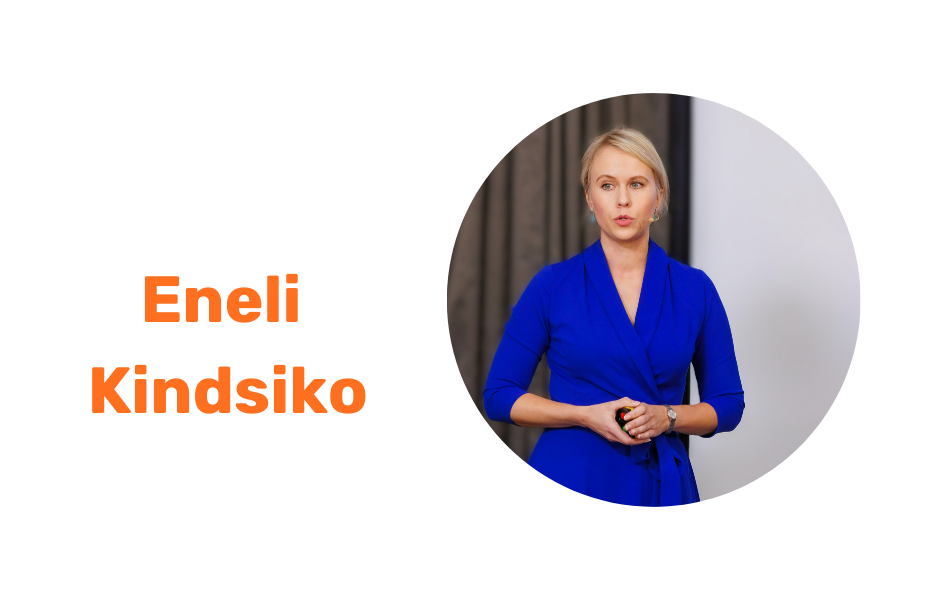
eGovernance: Packaging is waiting for content. How can we use data smarter?
Estonia is known worldwide as a pioneer of e-governance, but can we harness it to our advantage? The packaging is pretty, but we don't know how to use the content in policymaking. We spent €30-50 000 on survey research, while for €480, we could get the same answer - faster and more accurately. Why wait six months when, within a week, we can find out whether children from wealthy and low-income families are concentrated in different schools?
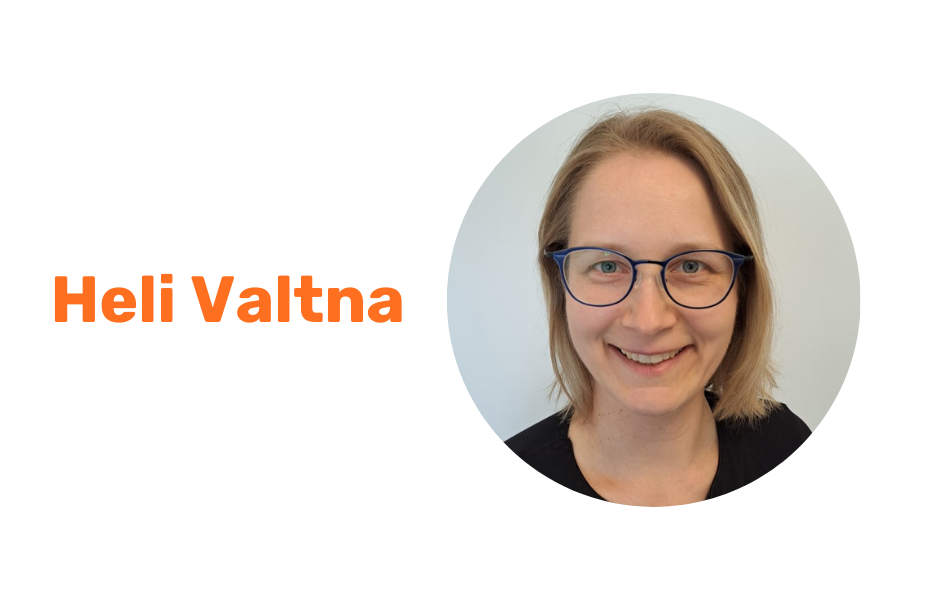
Future trends in technology
The innovative application of technology trends opens up new opportunities for solving complex and wicked problems, offering practical and creative solutions for both the business and public sectors.

Generative AI and copyright: What should be considered when developing AI?
📌 Is the development of generative AI compatible with copyright?
Artificial intelligence models like ChatGPT and others generally use large datasets, including copyrighted works, as training data. Is such use of data legal? What are the legal risks and solutions?
🎯 What can you find out?
What kind of copyright might be exercised when using training and input data and developing models?
Whether and how current legislation and new regulations, such as the Artificial Intelligence Regulation, ensure a balance between innovation and copyright protection?
🚀 Exciting topics and practical examples:
Why is the transparency of datasets important, and what does the AI Regulation bring to AI development from a copyright perspective?
What are the possibilities offered by current law for the legitimate development of AI and the use of training data?
👉 Come and listen if you are interested in AI (including its development), copyright, and the dynamics between them!
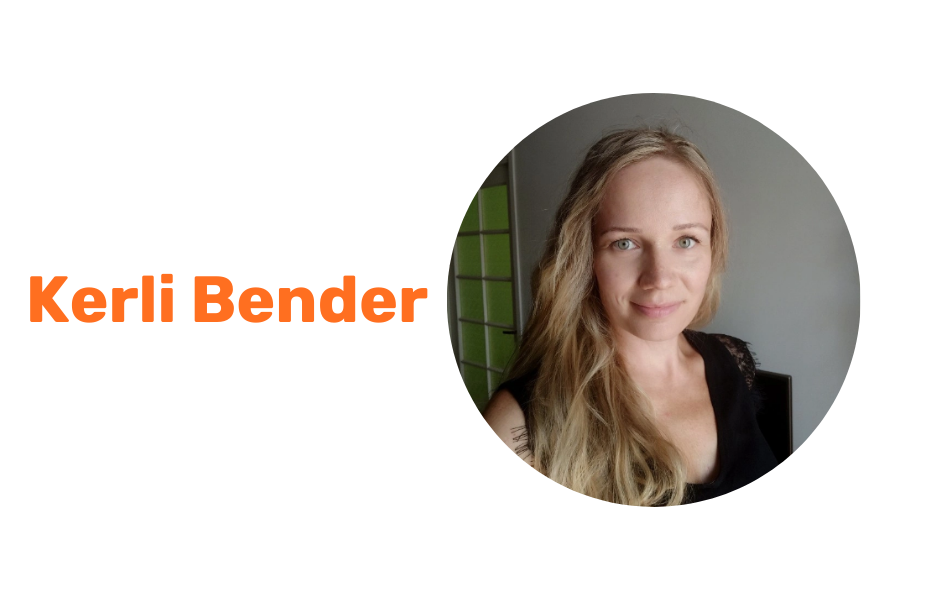
How does a software company's staff use generative artificial intelligence?
📌 Why is this topic important?
The availability of Generative Artificial Intelligence (AI) has opened up opportunities in different sectors. Still, it also comes with risks such as data leakage, misinformation, and decreased critical thinking skills. Companies must understand how employees use AI to ensure security, ethics, and efficiency.
🎯 What will you hear in the presentation?
The presentation will provide an overview of the positives and negatives of generative AI and what to look for when implementing AI in an organization.
Among other things, you will get answers to questions such as whether the answers provided by AI can be trusted, which tasks make sense to use AI for and which don't, and what to pay attention to when implementing AI in your organization.
👉 Why come and listen?
This presentation will help you understand how to implement AI in the workplace better, the risks and opportunities of using it, and how to ensure that AI becomes a benefit to work, not a problem. If you are interested in the practical use of AI and the ethical challenges, this is for you!
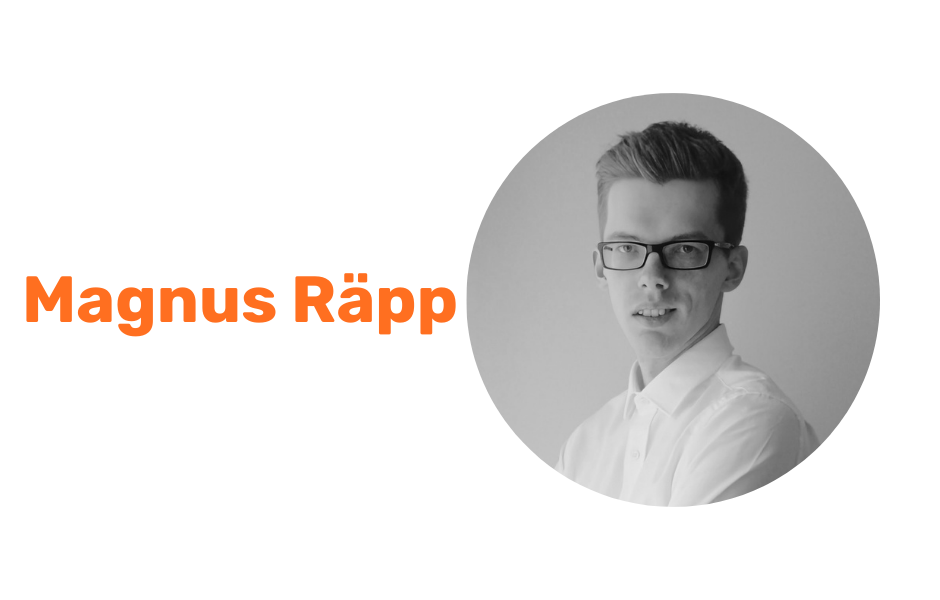
Industrial Symbiosis in Estonia: How to Guide Industry Towards a Sustainable Future?
📌What is industrial symbiosis, and why is it important?
Industrial symbiosis is a form of collaboration between companies, organizations, and institutions to exchange and share production residues, by-products, waste energy, infrastructure, knowledge, and expertise. It helps reduce environmental impacts, improves production efficiency, and enhances competitiveness—crucial goals for Estonia.
🎯What will the presentation cover?
- European experiences: Lessons from five countries (Denmark, Sweden, Finland, the UK, and Italy) successfully implementing industrial symbiosis.
- Estonian potential: What hinders and supports the development of industrial symbiosis in Estonia?
- Practical measures: Actions to promote industrial symbiosis in Estonia at business, local government, and national levels.
🚀Practical solutions and recommendations:
- For businesses: Implement circular economy practices, map and digitalize resource flows, share information transparently, and actively seek collaboration opportunities.
- For local governments: Map local companies and resource flows, actively develop industrial areas into eco-industrial parks, and train, support, and connect local businesses.
- At the national level: Make industrial symbiosis a national priority, establish a dedicated coordination unit and support structures, and provide funding opportunities.
👉 Why is this important?
Industrial symbiosis is not just a concept of sustainable production—it is a practical solution already functioning in many countries, helping industries reduce environmental impacts, improve efficiency, and increase competitiveness in global markets. If you're interested in making Estonia's industry greener and more efficient, join us to learn and share ideas!
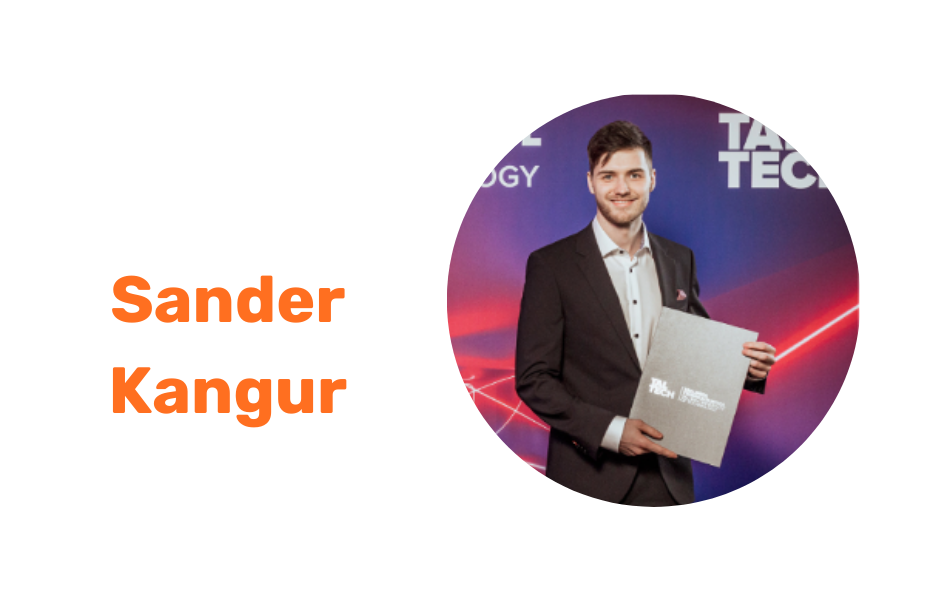
How Can a Smart App Help Save Energy and Build Sustainable Habits?
📌 Why is this topic important?
Energy saving is becoming increasingly critical today, yet consumers often lack a simple and effective way to optimize their electricity usage. This new app tackles that challenge with a playful and informative approach.
🎯 What will the presentation cover?
- Student innovation: A four-member team developed a mobile app for Enefit customers to monitor and optimize electricity consumption.
- Unique features: A daily electricity price graph, a gamified energy-saving challenge with goals and leaderboards, and optimal consumption windows highlighted on the graph.
- Technological sophistication: The app is built on a three-tier architecture, adheres to clean code principles, and has been rigorously tested with unit and integration tests.
🚀 Why will this inspire you?
This app demonstrates how simple and gamified solutions can make energy-saving, engaging, and effective. It's a perfect example of how technology can support sustainability and help users make more conscious daily choices.
👉 Join us if you're curious about:
- Developing user-friendly and sustainable applications.
- Simplifying energy optimization through technology.
- How student creativity and innovation can solve significant societal challenges.
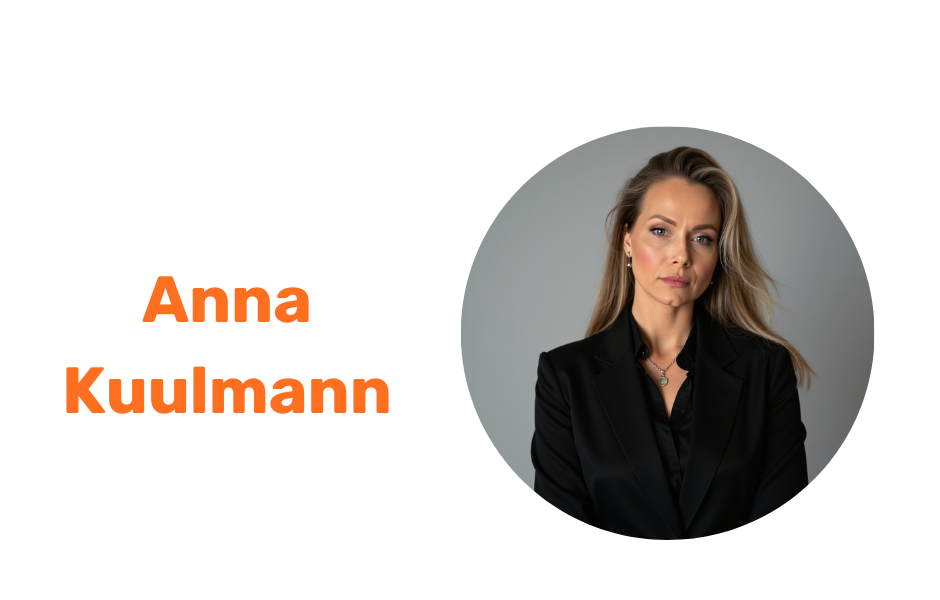
Digital Development and Nation Branding: How Their Synergy Transformed a Small Nation's Future
📌 What is the synergy between digital development and nation branding, and how did it emerge?
Using Estonia as a case study, this research demonstrates how integrating digital development with nation branding creates a "digital symphony" that enhances a country's global competitiveness, reputation, and soft power. Fascinating examples showcase the impact of this interplay.
🎯 What will you learn?
- Innovation and strategy: How small nations like Estonia can turn weaknesses into strengths through synergy.
- Real-time measurement: Learn about the Digital Nation Real-Time Synergy Model and the Synergy Real-Time Index, which leverage AI and big data to provide data-driven insights and forecasts on the interaction between nation branding and digital development.
- Risks and opportunities: Avoiding the "branding trap" and ensuring sustainable growth.
🚀 What does this research offer?
A strategic tool for small nations to enhance their global influence and resilience in an increasingly competitive world. Its interdisciplinary approach combines technology, branding, and real-time analytics.
👉 Why should you attend?
This presentation opens doors for innovators, offering ideas on harnessing data, AI, and branding for strategic success. Are you ready to explore a vision for the future and join the discussion?
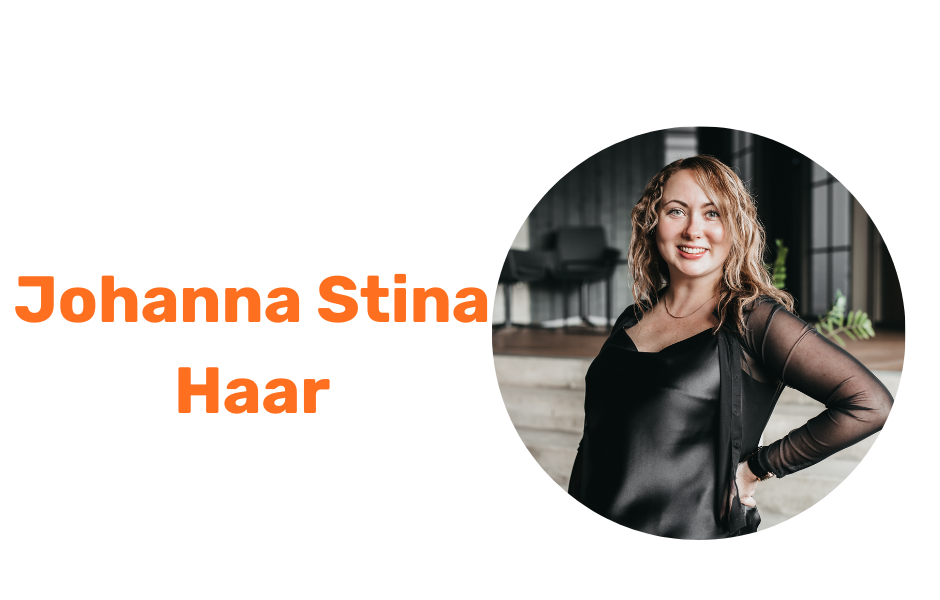
A Tool to Help Companies Reduce the Risks of Digital Transformation Failures!
A Tool to Help Companies Reduce the Risks of Digital Transformation Failures!
📌 What's the problem?
Most digital transformation initiatives—around 70%—fail to achieve their goals. While the European Commission aims for 75% of companies to adopt cloud computing, artificial intelligence, or big data by 2030, Estonia's progress in digitalizing its economy and society has been slower than expected, and the level of digitalization remains low.
🔍 What will the presentation cover?
The author has developed a framework to evaluate the suitability of technologies for a company's needs and strategic objectives. This framework enhances competitive advantage, improves transparency in decision-making processes, and reduces the risks of digital transformation failures. The presentation will highlight the key challenges in selecting technologies and explain how the framework leverages teamwork and market analysis to make more informed decisions.
Digital transformation is necessary to adapt to changing market conditions and increase operational efficiency. If you want to learn how to choose the right technologies for your company and boost the success of your digital transformation, join us to discover this innovative framework!
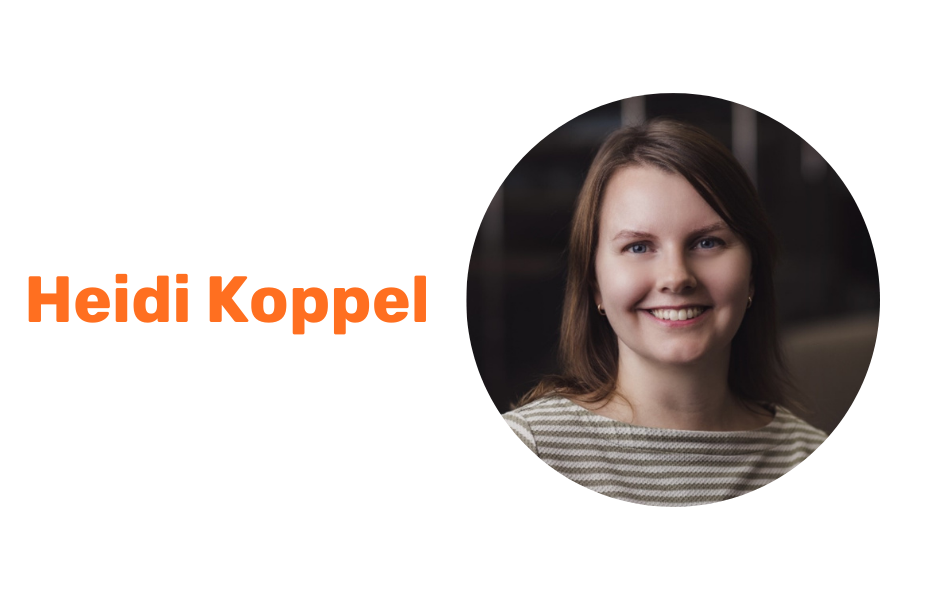
📌 Why Is This Important?
Thanks to ChatGPT, the use of generative AI-based systems has grown dramatically. Many companies are eager to develop chatbots and voice assistants that are aware of their data. These are powerful tools, but are the responses they generate always accurate and reliable? Come and hear practical insights on how to evaluate your generative AI-based system.
🎯 Why Should You Attend?
- Discover which metrics and tools can be used to ensure the quality of responses generated by generative AI.
- Learn what to consider for effectively testing systems to save time and resources.
🚀 Don’t Miss the Opportunity to Gain Inspiration and Practical Knowledge for Shaping Future Technology!
Take advantage of this chance to gain new knowledge and fresh ideas!

Improving the Design of Entrepreneurship Support Measures in Estonia
How can we improve the design of business support measures to ensure clarity and easy implementation?
📌 Why is this important?
This work focuses on making the design process of business support measures faster, more transparent, and more effective. Well-designed measures enable more efficient use of EU funding and contribute to economic growth.
🎯 What will you learn?
How to create more attractive support measures for target groups by combining process models, design thinking, and service design tools—ensuring alignment with both funder requirements and user expectations. How to develop the existing measure creation process by mapping the "as-is" process, identifying areas for improvement, and designing the "to-be" process model. How stakeholder engagement through co-creation helps understand expectations and prevents common process errors.
🚀 Practical outcomes and recommendations:
How to improve organizational collaboration, clarify roles, and implement systemic tools.
Proposals for creating a new technology platform to accelerate the approval of support measures and increase transparency.
👉 Why is this interesting?
This work demonstrates how design thinking and innovative tools can simplify complex processes, offering valuable insights for policymakers and public sector leaders. Join us to discover how to shape the future better!
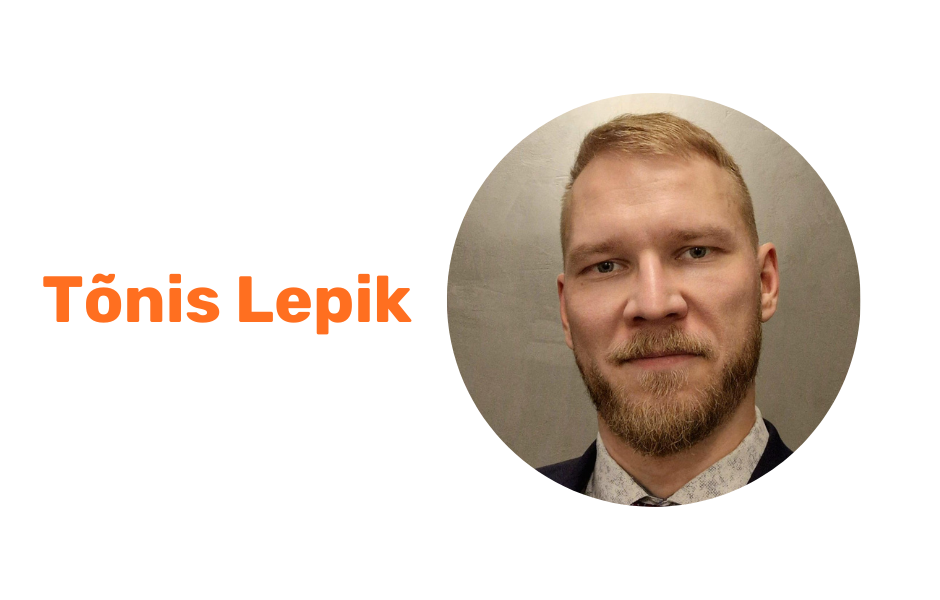
📌 Why Is This Topic Important?
Estonia's Electronic Voting System (EHS) and Election Information System (VIS) have been developed to meet the highest security, transparency, and reliability standards. But what if these systems could also be used for university governance, civic initiatives, or elections within political organizations?
🎯 What Will the Presentation Cover?
A recent master's thesis explored how Estonia's election software could be adapted for new contexts, its advantages, and the challenges that must be addressed. The study's findings suggest that with strategic adjustments, this software could play a significant role in promoting democratic participation and driving innovation in digital governance.
👉 Why Should You Attend?
How could this reshape the future of democracy? Let's explore the possibilities together!
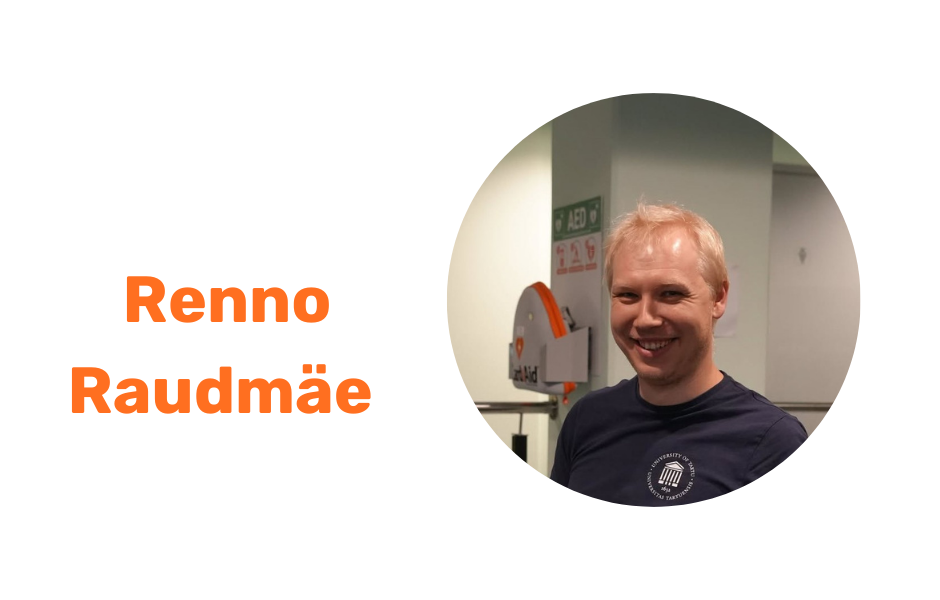
📌 Why Is This Topic Important?
Open hardware is not only crucial for making high-tech solutions more accessible but also for addressing real societal challenges. It offers opportunities to create affordable and flexible solutions for healthcare, education, and social issues, thereby supporting people's well-being and quality of life. At the same time, it fosters innovation, education, and sustainable development by enabling communities and individuals to contribute to technological progress.
🎯 What Will the Presentation Cover?
The presentation will focus on the impact of open hardware on societal development and provide practical examples of how it has supported the growth of education, science, and innovation in Estonia. It will also explore how open hardware contributes to developing future engineers, improves local economic opportunities, and addresses societal challenges.
👉 Why Should You Attend?
The presentation will offer practical ideas and inspiring solutions on how open hardware can drive the development of an advanced society. If you're interested in how technology can improve quality of life and solve societal challenges, this presentation is for you!
29.January program
| 11.00 - 11.10 | Opening | Ott Pärna, moderator |
| 11.10 - 11.40 | Future trends in technology | Heli Valtna, Researcher in Innovation Policy and Deep Technological Ecosystems, University of Tartu, Estonia |
1. Ethical and practical challenges of AI | ||
| 11.45 - 12.45 | Evaluating the Quality of Source-Based Answer Generation Systems | Heidi Koppel |
| Generative AI and copyright: What should be considered when developing AI? | Hegle Pärna | |
| How does a software company's staff use generative artificial intelligence? | Kerli Bender | |
| 12.45 - 13.15 | Break | |
2. Digital solutions for the future: from national image to business success | ||
| 13.15 - 14.00 | Digital Development and Nation Branding: How Their Synergy Transformed a Small Nation's Future? | Anna Kuulmann |
| Exploring Alternative Use Cases for Estonia's Election Software | Tõnis Lepik | |
| A Tool to Help Companies Reduce the Risks of Digital Transformation Failures! | Johanna Stina Haar | |
| 14.00 - 14.15 | Are Robots Taking Over the World? Can We Already Say They Have? | Renno Raudmäe |
3. Future in entrepreneurship and sustainable solutions in Estonia | ||
| 14.15 - 15.15 | Improving the Design of Entrepreneurship Support Measures in Estonia | Liis Remmelg |
| Industrial Symbiosis in Estonia: How to Guide Industry Towards a Sustainable Future? | Magnus Räpp | |
| How Can a Smart App Help Save Energy and Build Sustainable Habits? | Sander Kangur | |
| 15.20 - 15.50 | eGovernance: Packaging is waiting for content. How can we use data smarter? | Eneli Kindsiko, Inimarengu aruande koostaja, tulevikuuurija, Tartu Ülikool |
| 15.50 - 16.00 | Closing | Ott Pärna |
REGISTRATION CLOSED, FULL
"COME AND LISTEN, IT'S GOING TO BE AWESOME!"
PRIVACY
Registering for and participating in the Research into Reality seminar confirms that you agree to these terms and conditions. Your data will be processed by Regulation (EU) 2018/1725 of the European Parliament and of the Council of 23 October 2018 on the protection of natural persons concerning the processing of personal data by Union institutions, bodies, offices, and agencies and on the free movement of such data.
● Data Collection and Processing:
Your data is collected via Forms and processed to manage participation in the seminar, including informing participants before, during, and after the event for feedback purposes.
● Data Retention:
Personal data will be retained only as long as necessary to conduct the seminar and gather feedback. Data will be deleted within 24 months after the event.
● Roles of Processors and Controllers:
The data processors are the seminar organizers responsible for managing and coordinating the event. Your data will not be shared with third parties outside the organizing team or transferred outside the European Union.
● Data Protection and Your Rights:
You have the right to request information about how your data is processed, request correction or deletion, and file a complaint with the data protection supervisory authority if necessary.
By confirming your participation in the seminar, you consent to processing your data under the above terms.
INTELLECTUAL PROPERTY
Ideas and knowledge presented at the Research into Reality seminar remain the intellectual property of their presenters.
● Seminar results and ideas may be used in outreach activities to inspire the community, share knowledge with entrepreneurs and the public sector, and raise awareness of the importance of these topics.
● Usage will highlight the author of the ideas and follow agreed-upon terms.
MEDIA RECORDING AND USAGE
Photos, videos, and audio recordings may be taken during the seminar. By participating, you agree that the seminar organizers and their partners may use these recordings for future events, outreach activities, and promotional purposes. This may include using your image or voice on our website, social media platforms, printed materials, or presentations.
If you do not wish to be recorded or have any restrictions regarding using recordings, please inform us before the seminar begins.
Anneli Lorenz - anneli.lorenz@ut.ee



